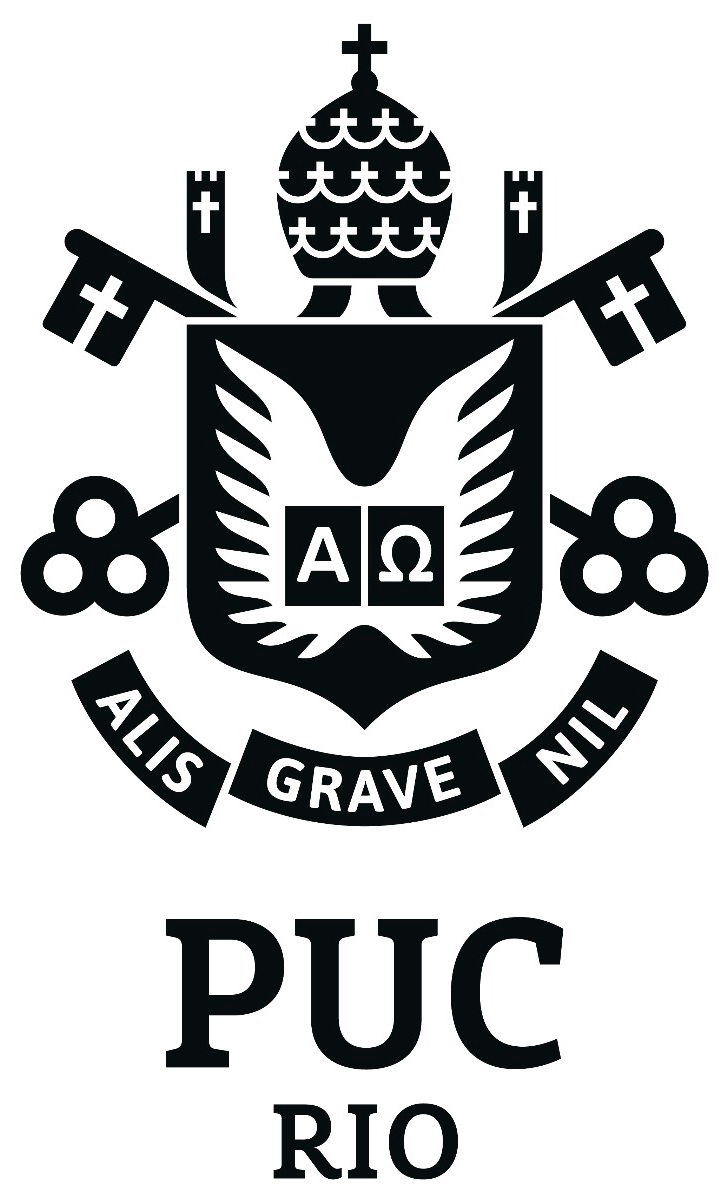Essays on Education: Subsidies to Higher Education, Major Choice, and the Impact of Water Scarcity
Orientador(a): Juliano Assunção
Banca: Claudio Ferraz, Gustavo Gonzaga, Cecilia Machado, Michela Carlana.This doctoral thesis, is comprised of three chapters. In the first chapter, we explore a discontinuity in eligibility for financial aid for private higher education in Brazil to investigate: (i) if students in the lower end of the ability distribution change their behavior in response to a policy designed to subsidize access to private higher education, and (ii) how students react when they are given the chance to choose between public tuition-free institutions and subsidized access to private higher education. We show that eligibility for financial aid increases students’ likelihood of enrolling and persisting in higher education. We also find that eligible students are less likely to enroll in public tuition-free institutions, with no clear impact on the choice of quality at the program level. In the second chapter, we develop a structural discrete choice model of demand to investigate the determinants of major choice. We use this model and the expansion of a government-funded student credit program in Brazil to evaluate how the availability of credit impacts major choice when — as in Brazil — tuition varies at the major level. We find that tuition and expected labor market returns are the main factors determining students’ choice between different majors.We also find that, when student credit is available, students — especially lower income — are less sensitive to price variations at the major level. In the final chapter, we investigate whether water shortages caused by an extreme climate event impact educational performance. We answer this question exploring the consequences of a water rationing policy that affected some neighborhoods in Brazil’s Distrito Federal. Comparing the academic performance of students enrolled in schools located in neighborhoods affected by the rationing against the performance of students enrolled in non-affected neighborhoods, we find that water rationing has a negative and significant impact on students’ performance. In particular, we show that the impact is significantly stronger for students enrolled in schools with poor infrastructure.
Veja também
Sectoral Price Salience and Price Flexibility: Three Essays on Households’ Inflation Expectations
26/09/2025
Gabriel Bisctrizan de Mesquita
Essays in Financial Econometrics
05/09/2025
Rosália de Azevedo Kjaer
Essays in Empirical Finance: An Analysis of Brazilian Hedge Funds
09/05/2025
Pedro Pessoa de Mendonça Vogt

